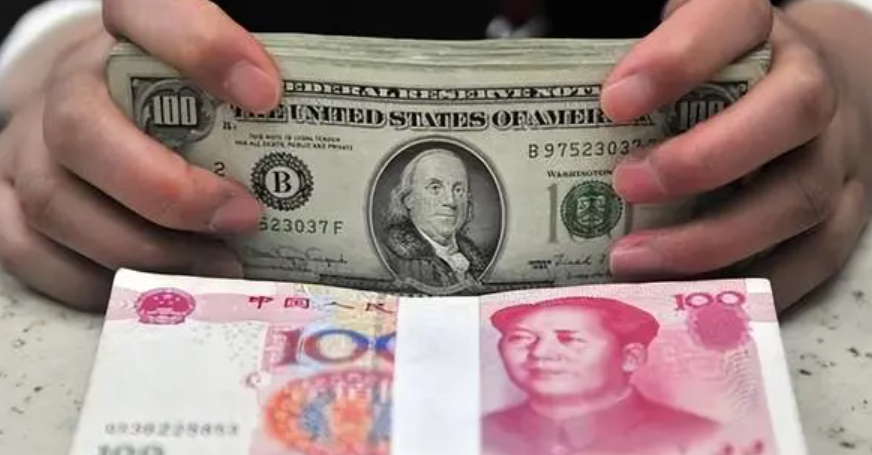Yuan Plunge Shakes Global Markets
Advertisements
To understand why the yuan is crumbling, we must consider its backdrop. As we advance into 2024, the global economy confronts myriad challenges, especially in the aftermath of the pandemic. Countries are consistently readjusting their economic policies, generating volatility. China, as the world’s second-largest economy, is exhibiting vulnerabilities when faced with external pressures. Compounding factors such as slowing domestic growth and waning exports have placed significant strain on the yuan's value.
Beyond domestic economic fundamentals, shifts in the international market are playing a crucial role in influencing the yuan’s decline. The surging strength of the U.S. dollar has led to a relative depreciation of the yuan. The Federal Reserve's ongoing interest rate hikes are affecting global capital flows and investor confidence, further exacerbating the depreciation pressures on the yuan. Thus, the fluctuations in the yuan's value have now become a key indicator of wider economic trends.

But what does the freefall of the yuan mean for everyday citizens? For the average person, a declining exchange rate often translates into rising prices for imported goods. This is particularly true for consumer products that rely heavily on overseas manufacturing, including electronics and automobiles. Such price hikes can significantly impact household budgets and could escalate the cost of living, which is already on the rise for many, making an already precarious situation even more burdensome.
From the perspective of corporations, currency fluctuations pose varying challenges. Many manufacturing firms that depend on imported raw materials face escalating costs, which can inevitably squeeze profit margins and disrupt production processes. Conversely, for export-oriented businesses, currency depreciation can enhance the competitiveness of their products abroad. However, if external demand continues to contract, they may inevitably find themselves threatened, highlighting the dual-edged nature of currency movements on business health.
It's important to understand that the depreciation of the yuan is not merely a pecuniary issue; it could potentially instigate broader financial risks. If the situation continues to deteriorate, we may see capital flight exacerbating market volatility. A loss of investor confidence could adversely affect stock and bond markets, with far-reaching consequences.
In confronting this current currency crisis, what can be done? It is vital for the government to step up macroeconomic regulation and adopt measures aimed at stabilizing the exchange rate and restoring market confidence. Businesses need to be agile in their responses, optimizing their supply chains and enhancing their resilience against economic shocks. For everyday consumers, prudent financial management becomes crucial during uncertain times; reasonable expenditure and a focus on essential purchases can help mitigate personal financial strain.
In conclusion, the yuan's nose-dive is emblematic of more than mere numeric fluctuations; it reflects the intricate interplay between the global economic environment and domestic challenges. Facing this phenomenon with a rational perspective is essential as we navigate potential hurdles ahead. It is hoped that, by maintaining a calm demeanor, we can adapt to the new economic landscape and weather this storm together.
The future trajectory of the market and the evolving dynamics in the financial landscape remain critical areas to monitor closely. It is only through collective efforts that we may pave the way towards a more stable and prosperous tomorrow.
Post Comment